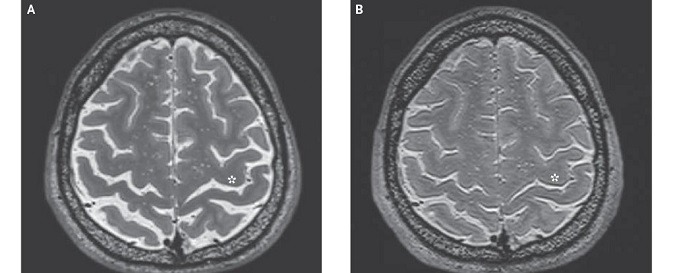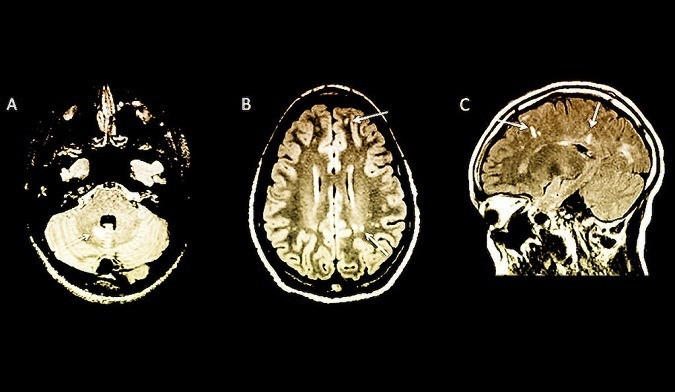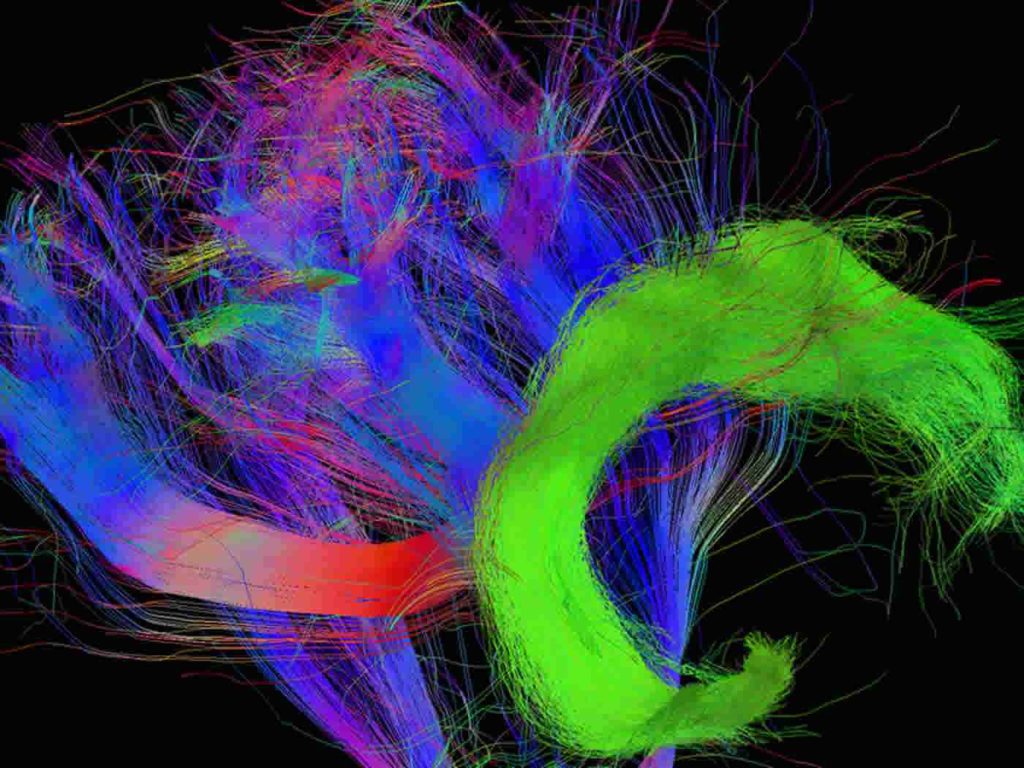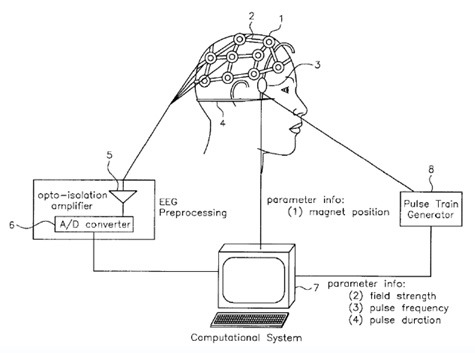Posts Tagged ‘MRI’
Study: Moderate lifetime drinking may lead to lower Alzheimer-related beta amyloid deposits in the brain
__ Moderate drinking tied to lower levels of Alzheimer’s brain protein (Business Standard): “Korean researchers studied 414 men and women, average age 71, who were free of dementia or alcohol-related disorders. All underwent physical exams, tests of mental acuity, and positron emission tomography (PET) and magnetic resonance imaging (MRI) scans. They were carefully interviewed about…
Read MoreNeuroimaging study finds significant changes in brain structure during long-duration space flight
MRI reveals brain changes during space missions (Medical Physics): “Astronauts living and working in space will experience the detrimental effects of microgravity on the human body. Astronauts aboard the International Space Station, for example, have experienced altered vision and increased pressure inside their heads, symptoms termed as
Read MoreNext: Brain scans to identify children at high risk of developing multiple sclerosis (MS) before symptoms appear
______________________________ MS risk in children spotted with MRI brain scans (Yale News): “By the time multiple sclerosis (MS) is diagnosed in children, it may be difficult to prevent the disabilities and relapses that come with the disease. In a new Yale School of Medicine study, researchers examined MRI brain scans to identify children at high risk…
Read MoreStudy identifies brain circuits enabling four-year-olds to “put themselves in other people’s shoes”
—– A remarkable milestone occurs in children around their fourth birthdays: They learn that other people can have different thoughts than they do. A recent study is the first to examine the specific brain changes associated with this developmental breakthrough.
Read MoreMonitoring and stimulating brain activity to achieve desired brain state: Key Neurotech Patent #10
Today we are sharing a 2002 patent describing a system linking brain signal detection to brain stimulation techniques. U.S. Patent No. 6,488,617: Method and device for producing a desired brain state Assignee(s): Universal Hedonics Inventor(s): Bruce F. Katz Technology Category: Hybrid Issue Date: December 3, 2002 SharpBrains’ Take: The ‘617 patent describes a system linking brain signal detection…
Read MoreThe Mediterranean Diet seen to substantially reduce brain shrinkage among older adults
—– Less shrinkage: This is your aging brain on the Mediterranean diet (Los Angeles Times): “The aging brain is a shrinking brain, and a shrinking brain is, generally speaking, a brain whose performance and reaction time are declining: That is a harsh reality of growing older. But new research shows that brain shrinkage is less pronounced in…
Read More





